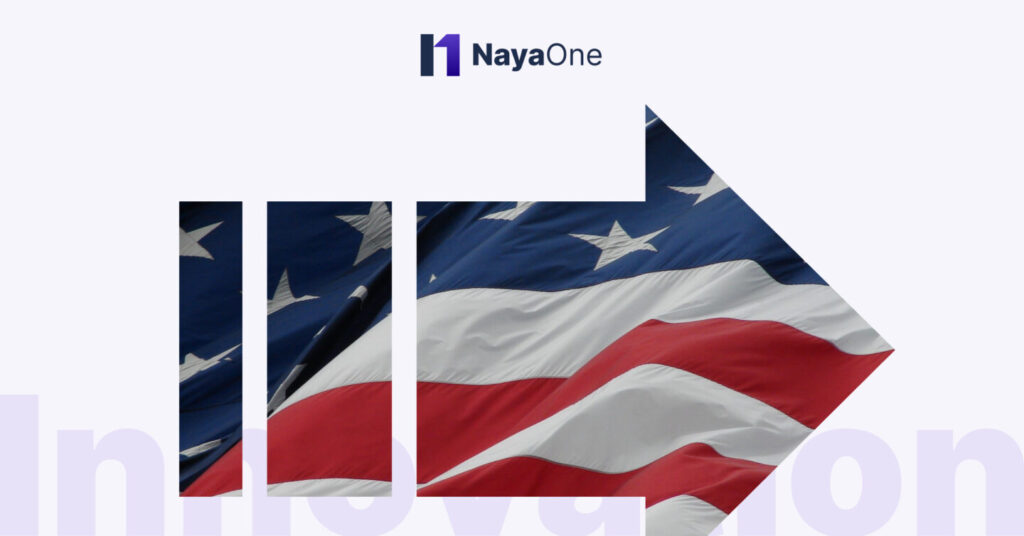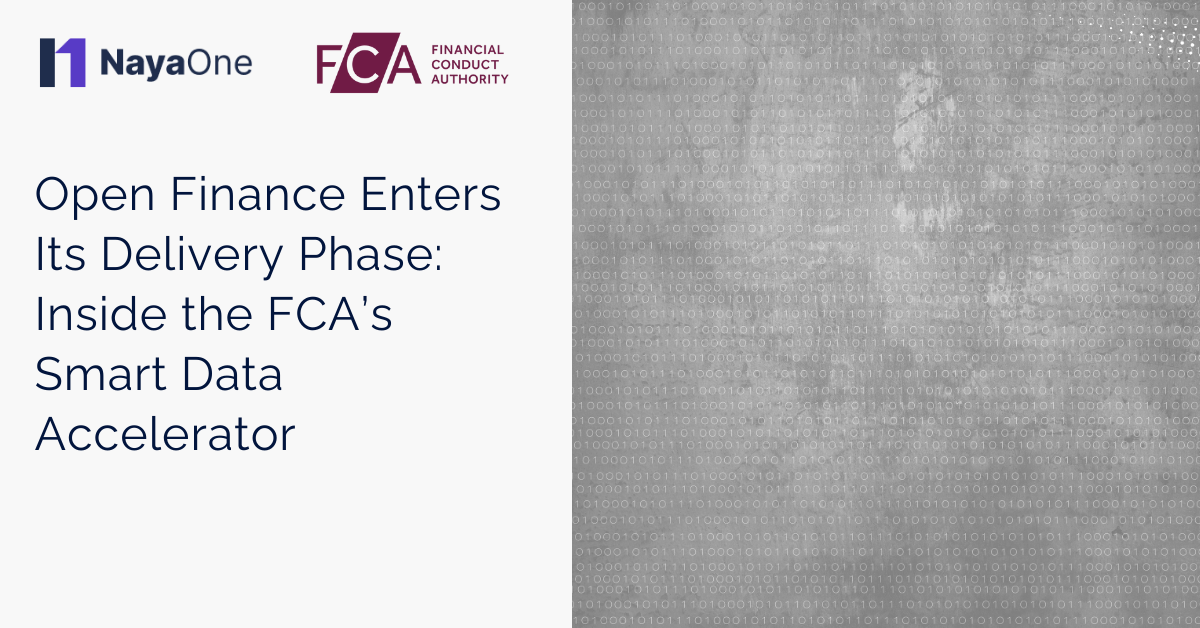
Varun Resh
Fintech & Emerging Technologies
In the recently published Comprehensive Framework for Responsible Development of Digital Assets, the U.S. White House has explicitly set out Responsible Innovation as one of its priorities in the development of digital assets and payment systems. The outlined objectives intend to encourage research, provide regulatory guidance to innovative US firms developing new technologies, trace the environmental impact of digital assets and develop a forum for cross sectoral knowledge sharing for responsible innovation.
According to the framework and adjoining reports, the Office of Science and Technology Policy (OSTP) and National Science Foundation (NSF) will develop a Digital Assets Research and Development Agenda to research topics such as next-generation cryptography, transaction programmability, cybersecurity and privacy protections, along with ways to mitigate the environmental impacts of digital assets. The NSF will also back social-sciences and research that is able to develop methods of informing, educating, and training diverse groups of stakeholders on safe and responsible digital asset use.
The framework encourages the US Treasury and financial regulators to provide innovative US firms, engaged in development of new financial technologies, with regulatory guidance, knowledge of best-practices, and technical assistance through techsprints or hackathons and Innovation Hours.
The Treasury and financial regulators are encouraged to, as appropriate provide innovative U.S. firms developing new financial technologies with regulatory guidance, best-practices sharing, and technical assistance through things like tech sprints and Innovation Hours.
First-Ever Comprehensive Framework for Responsible Development of Digital Assets’ released by White House
The Department of Energy, the Environmental Protection Agency, and other agencies will be responsible for tracking the environmental impact of digital assets and developing appropriate performance standards for the same. Whilst local Government authorities will be provided with the tools, resources, and expertise needed to mitigate environmental harm. The premise for this is that the computational infrastructure for crypto-assets can potentially consume large amounts of electricity, emit greenhouse gases, put strain on electricity grids and harm local communities with noise and water pollution. Tracking their environmental impact can help align the development of digital assets with net-zero emissions economy transition, thus improving environmental justice.
According to the framework, the Department of Commerce will also examine the creation of a multilateral standing forum with federal agencies, industry, academics, and civil society to exchange knowledge and ideas that could inform federal regulation, standards, coordinating activities, technical assistance, and research support.
Acknowledging the interconnectedness of digital assets and traditional economy, regulators, government agencies and financial institutions are increasingly convening techsprints and innovation labs for multilateral collaboration. The purpose is to derive cross sectoral actionable insights that can support data and tech driven planning, policy formulation and responsible innovation, where leading private sector financial institutions are also at the forefront of exploring innovations with recent engagements of SWIFT Digital Assets and Barclays CBDC hackathon.
The framework is a welcome step that can help reduce risks associated with innovation whilst ensuring it is well intentioned and effective. NayaOne encourages responsible innovation through a range of solutions, including the NayaOne Marketplace, Digital Sandbox and its Hackathon-as-a-Service offerings. The Digital Sandbox, with over 100+ diverse APIs and functionalities including ESG compliance, DLT, AML, all accessible at one place, facilitates discovery and evaluation of new, emerging solutions on a host of use cases in a secure and controlled environment.
To complement the evaluation, synthetic data resembling real consumer data and other valuable market datasets are provided to help run pilots and build PoCs with 80% reduced timelines and cost, and identify product-market fit outcomes efficiently. Finally, the Digital Sandbox based tech sprint platform encourages collaboration between regulators, industry stakeholders, banks, fintechs and government agencies to address crucial challenges of social and industrial concern using NayaOne’s Hackathon-as-a-Service.





